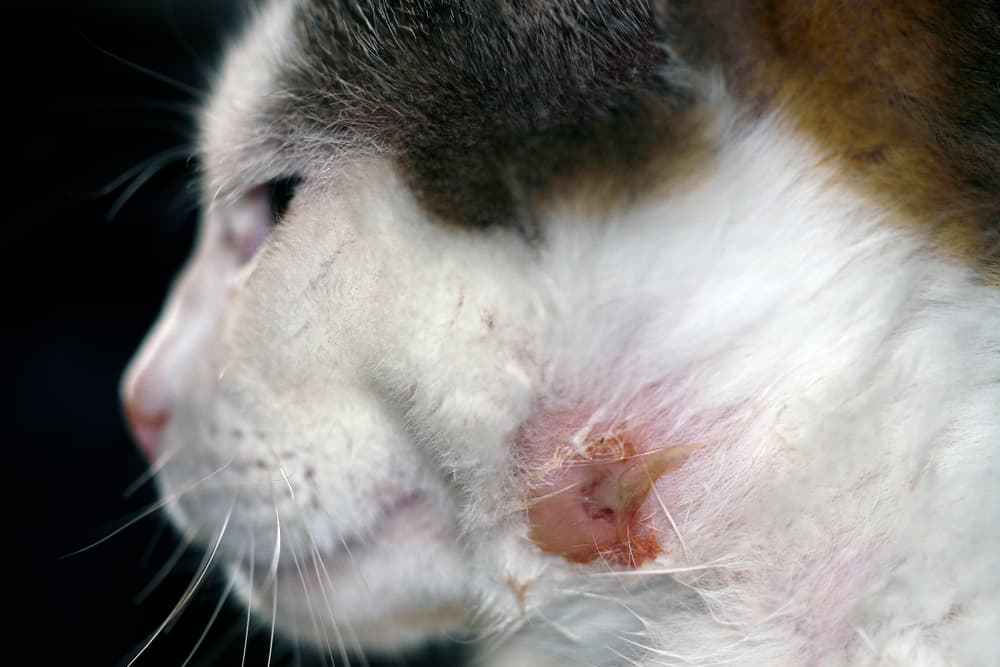mastitis in cats antibiotics
The prevalence of mastitis in breastfeeding women may reach 33. It occurs in postpartum bitches and less commonly in postpartum queens.

Mastitis In Cats Causes Diagnosis Treatment And Prevention Daily Paws
Infective mastitis is commonly caused by Staphylococcus aureus.

. Glands may need to be surgically lanced drained or removed entirely mastectomy. If you wait too long before giving your pup their first dose and subsequent doses after that they might not respond well or at all. In most cases its treatable and easy to cure but its important.
Effective milk removal pain medication and antibiotic therapy have been the mainstays of treatment. Risk factors for developing mastitis include poor sanitary conditions trauma inflicted by offspring and systemic infection. Applying warm compresses to the infected teats helps them to open and drain.
The vet will choose a broad-spectrum antibiotic to carry out the treatment with the most common being the following. Antibiotics are often prescribed to treat the bacterial infection. Mastitis can be caused by ineffective positioning of the baby at the breast or restricted feeding.
May need to wean kittens or feed artificially until infection controlled. This treatment is ideal as it allows the cat to remain at home with her kittens. Affected glands should be emptied.
However its important that you administer these medications as soon as possible. This treatment is ideal as it allows the cat to remain at home with her kittens. Cat Mastitis Antibiotics Read More.
At the end of this review you should be able to make an educated buying decision for one or multiple antibiotic for mastitis in cats. Treatment of mastitis is often initiated immediately using broad-spectrum antibiotics effective against E. Coli Streptococcus and Staphylococcus until culture and sensitivity results are available 26.
Most cats with mastitis can be treated on an outpatient basis with oral antibiotics and pain medications. Treatment of Mastitis in Cats. Mastitis in cats antibiotics Tuesday March 15 2022 Edit Mastitis is a bacterial infection of the milk ducts which occurs when the mother cats milk production gets blocked by inflamed mammary glands.
To Support our evaluation we also assess the antibiotic. Mastitis is inflammation of the mammary glands associated with bacterial infection. Continuing with the lactation will aid the drainage of the breasts and despite the fact that the milk will be poorer and contaminated by antibiotics this will not pose a threat for the kittens.
However sulpha-drugs may show reaction in some cases. Kittens may need to be supplemented with formula while their mom is being treated. Topical warm water compresses.
Affected breasts with dead mammary tissue require surgical removal. Cats with severe mastitis need to be treated with intravenous fluids and aggressive antibiotic therapy in the hospital. Veterinarians will often evaluate the pH of milk to help them select the most appropriate antibiotic until results of milk culture are available.
Good with prompt treatment. The most common antibiotics used to treat mastitis are. Most cats with mastitis can be treated on an outpatient basis with oral antibiotics and pain medications.
What is the prognosis of mastitis in cats. Systemic antibiotics application of cold compresses to affected mammary glands. Treatments your vet will recommend include antibiotics and warm compresses.
Mastitis How is it treated. Severely or chronically affected glands may need to be removed mastectomy If systemically ill or septic intravenous fluids would be necessary. Rarely mastitis is seen in lactating pseudopregnant bitches.
Print off the owner factsheet Mastitis inflammation of the mammary glands to give to your client. The mainstays of treatment for mastitis are. Antibiotics Broad-spectrum antibiotic therapy is appropriate for affected patients.
After being diagnosed mastitis is a treatable condition. Signs typically resolve in 2-3 weeks with appropriate treatment. The best antibiotics to treat the infection caused by this bacterium are dicloxacillin cephalexin etc.
Penicillin Tetracyclines Cephalosporins Penicillin is the most effective antibiotic against Staphylococcus aureus the most common cause of mastitis. Most cases of mastitis have a good prognosis. Mastitis is a bacterial infection that affects the mammary glands of nursing cats.
The compresses can aid in draining out the gland. Other oral antibiotics that may be used are amoxicillin and clavulanate combination ciprofloxacin clindamycin trimethoprim and sulfamethoxazole. We evaluated each antibiotic for mastitis in cats in this category according to four key elements.
Proper nutrition for both mom and her babies is important during this time especially if the kittens cant nurse due. Mastitis is treated with antibiotics because infections caused by bacterial infections require antibiotics in order to be cleared up quickly and effectively. Glands may need to be surgically lanced or drained.
Home Care and Prevention. Organization versatility durability aesthetics and ease of use. Your veterinarian may recommend hand-milking the infected gland.

Mastitis In Cats Vca Animal Hospital
Vivipet Understanding And Treating Mastitis In Cats

Mastitis In Cats Symptoms And Treatment

Mastitis Infection Of Teats In Nursing Cat Youtube
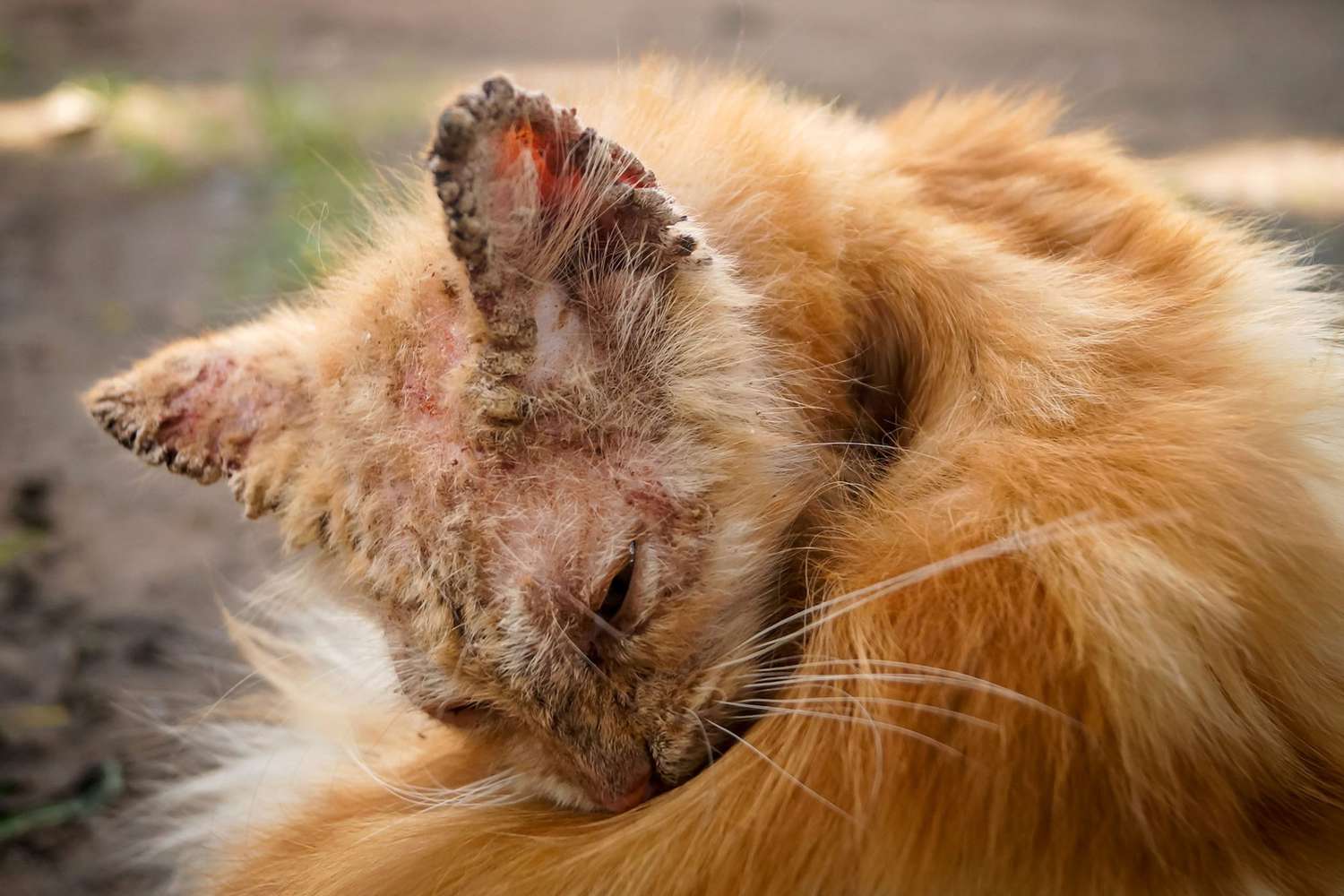
Mange In Cats Causes Symptoms Treatment And Prevention Daily Paws
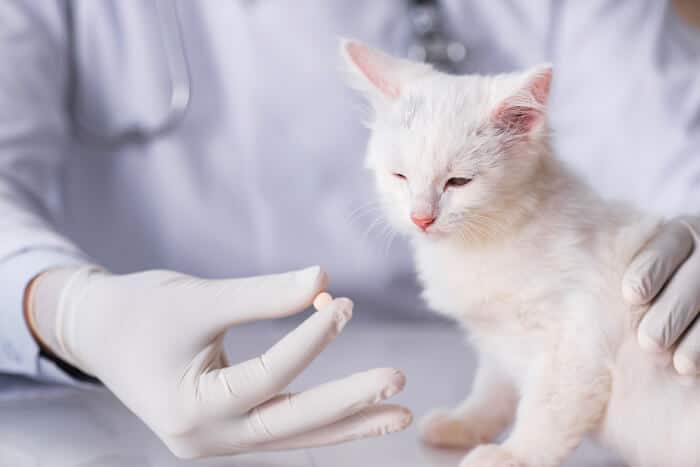
Amoxicillin For Cats Dosage Safety Side Effects All About Cats

Get The Facts About Mastitis In Cats Catster

Get The Facts About Mastitis In Cats Catster

Mastitis In Cats Causes Diagnosis Treatment And Prevention Daily Paws

Is It Safe To Give Cats Human Antibiotics Lovetoknow
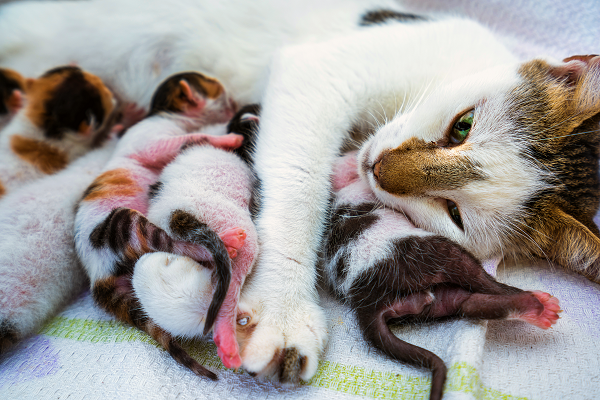
Mastitis In Cats Vca Animal Hospital
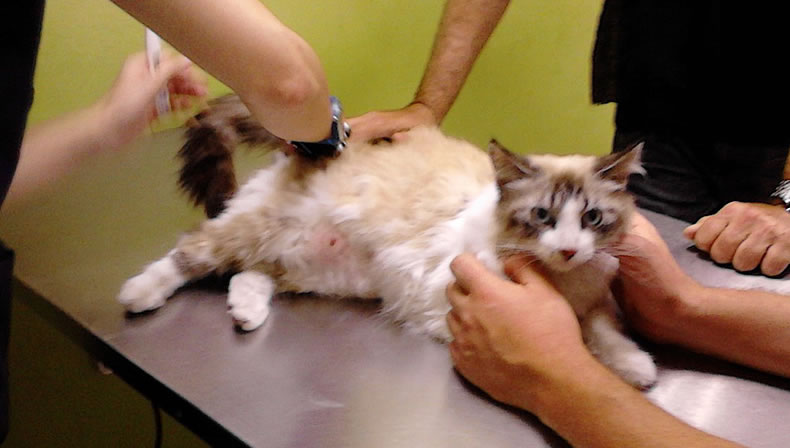
Chloe Diagnosed With Mastitis Change One Life Cat Sanctuary

Vivipet Understanding And Treating Mastitis In Cats
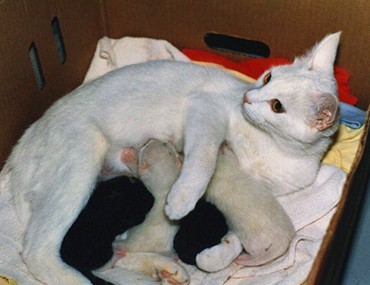
Feline Mastitis A Bacterial Infection In New Mother Cats

Fight Fleas On Your Feline The Natural Way
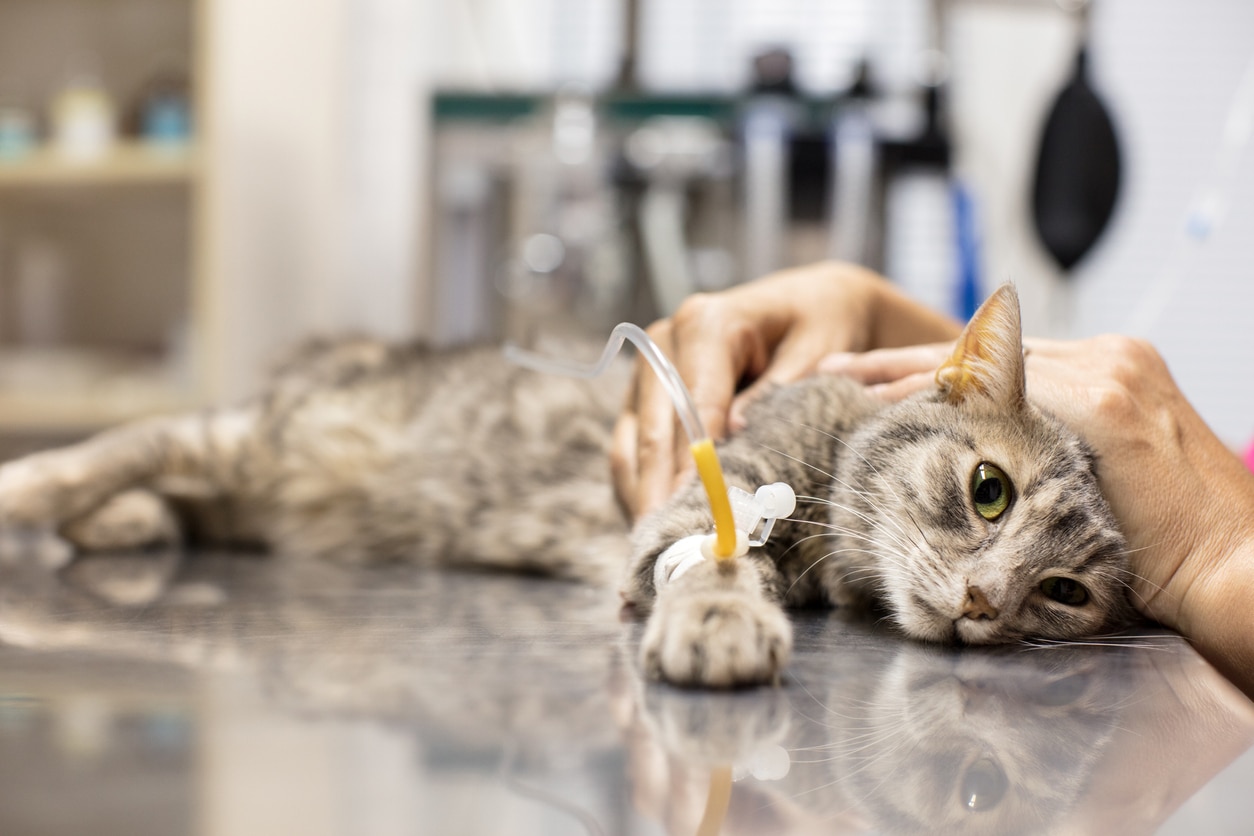
Bacterial Infection Of The Breast In Cats Petmd
/Stocksy_txp208a3fd2h96200_Medium_725955-5bae79974cedfd0026989305.jpg)
